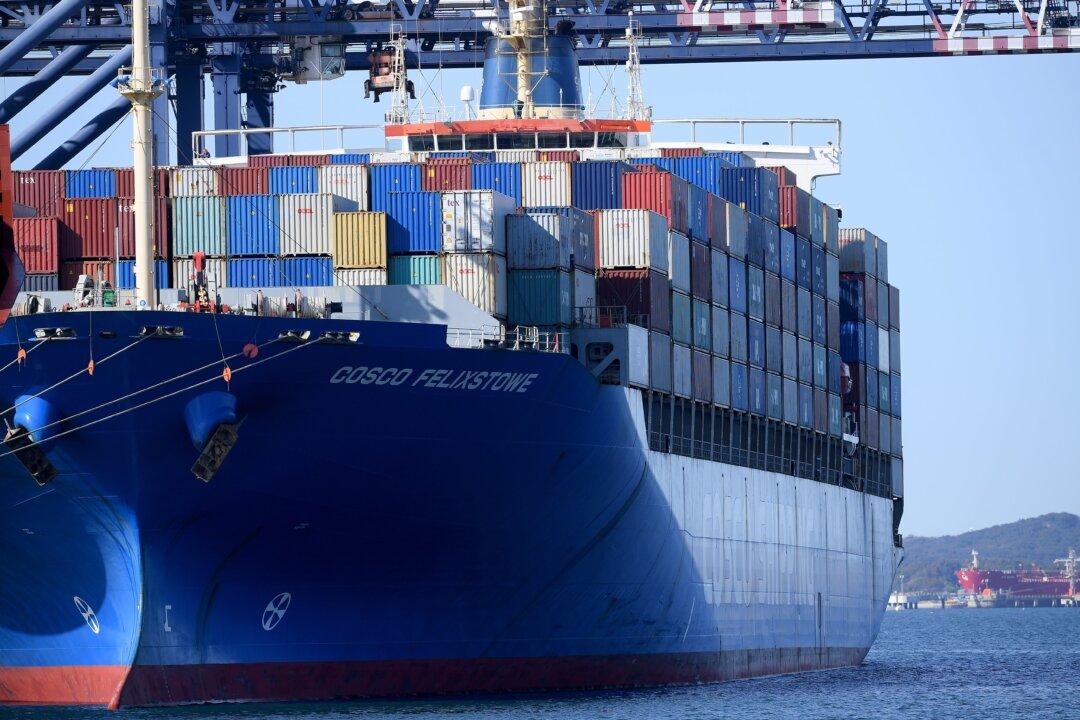Australian port workers will be the latest group to hold nationwide strikes over wage disputes which may affect Christmas deliveries, following previous truck driver and parcel delivery worker strikes.
Container terminal operator Patrick Terminals and the Maritime Union of Australia (MUA) have been holding extensive negotiations over wages since Feb. 2020.





